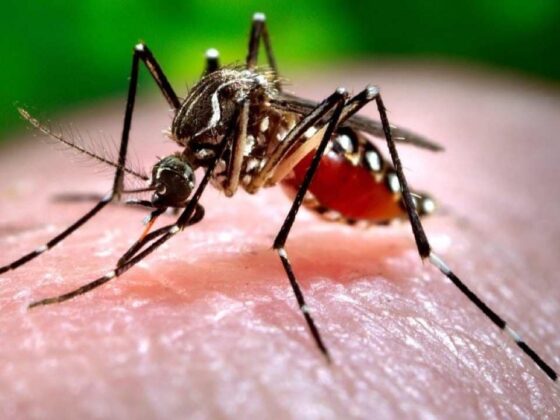New Delhi, September 18: The Kerala government has imposed lockdown-like restrictions at containment zones in Malappuram where a 24-year-old recently died due to Nipah infection. Speaking to the media. Kerala Health Minister Veena George say 126 people in Malappuram isolated as high-risk individuals after the death a 24-year-old man recently due to Nipah Virus infection and of them. 13 were tested and their samples were found negative.
Veena George further said that currently there are 175 people in the contact list of the deceased patient. “Out of them, 74 are health workers. 126 are primary contact while 49 are in the secondary contact list,” the minister said.
Out of the primary contact list, 104 are under high risk category. Ten people are under treatment at Manjeri medical college hospital. The minister said, adding that the samples of 13 people have been sent for testing.
In the meantime, the health department has formed 66 teams and fever survey has started within three km radius of the house of the deceased.
What Is Nipah Virus: How Does It Spread?
Nipah virus is a zoonotic disease that can transmitted from animals to humans. It is often associated with fruit bats. Which can spread the virus through their saliva and urine. Humans can contract the virus through direct contact with infected animals or through contaminated food or water.
The symptoms of Nipah virus infection can vary widely, but often include fever, headache, cough, vomiting, and diarrhea. In severe cases, the virus can cause brain inflammation, seizures, and coma. The mortality rate for Nipah virus infections is high, and there is no specific treatment available.
The emergence of a suspected Nipah virus case in Malappuram has caused widespread concern and anxiety among the local population. Residents worried about the potential for the virus to spread further and cause a major health crisis.
In response to the suspected case, the Kerala government has implemented a series of measures to prevent the spread of the virus.
These measures include:
1. Contact tracing: Identifying individuals who have come into contact with the suspected case and monitoring them for symptoms.
2. Isolation: Isolating the suspected patient and any household members.
3. Disinfection: Disinfecting the patient’s home and other areas where they may have been.
4. Public awareness: Conducting public awareness campaigns to educate the public about the risks of Nipah virus infection and the preventive measures that can be taken.
The health authorities are urging the public to remain calm and vigilant. And to cooperate with the measures being implement. It is important to follow the guidelines issued by the government and to avoid spreading misinformation or rumors.
The Nipah virus outbreak in Malappuram is a stark reminder of the ongoing threat posed by emerging infectious diseases. It is essential for governments and health organizations to prepared to respond to such outbreaks quickly and effectively.
Read Also – High Blood Pressure Can Lead to Heart Failure: Study Reveals The Dangers of Hypertension
As the investigation into the suspected case continues, the health authorities are closely monitoring the situation and taking all necessary steps to safeguard public health. The people of Malappuram are hoping for a swift resolution and a successful containment of the virus.










